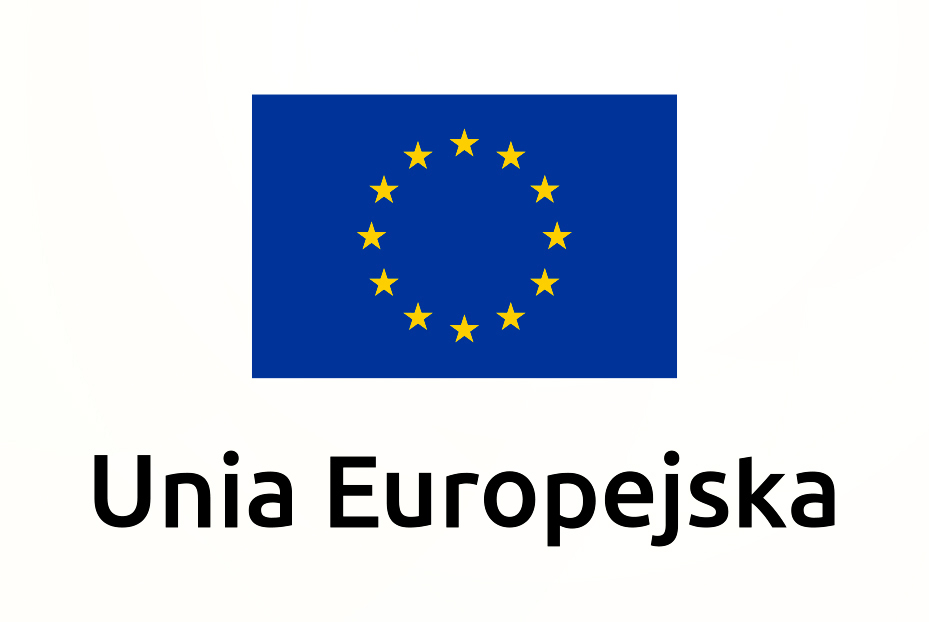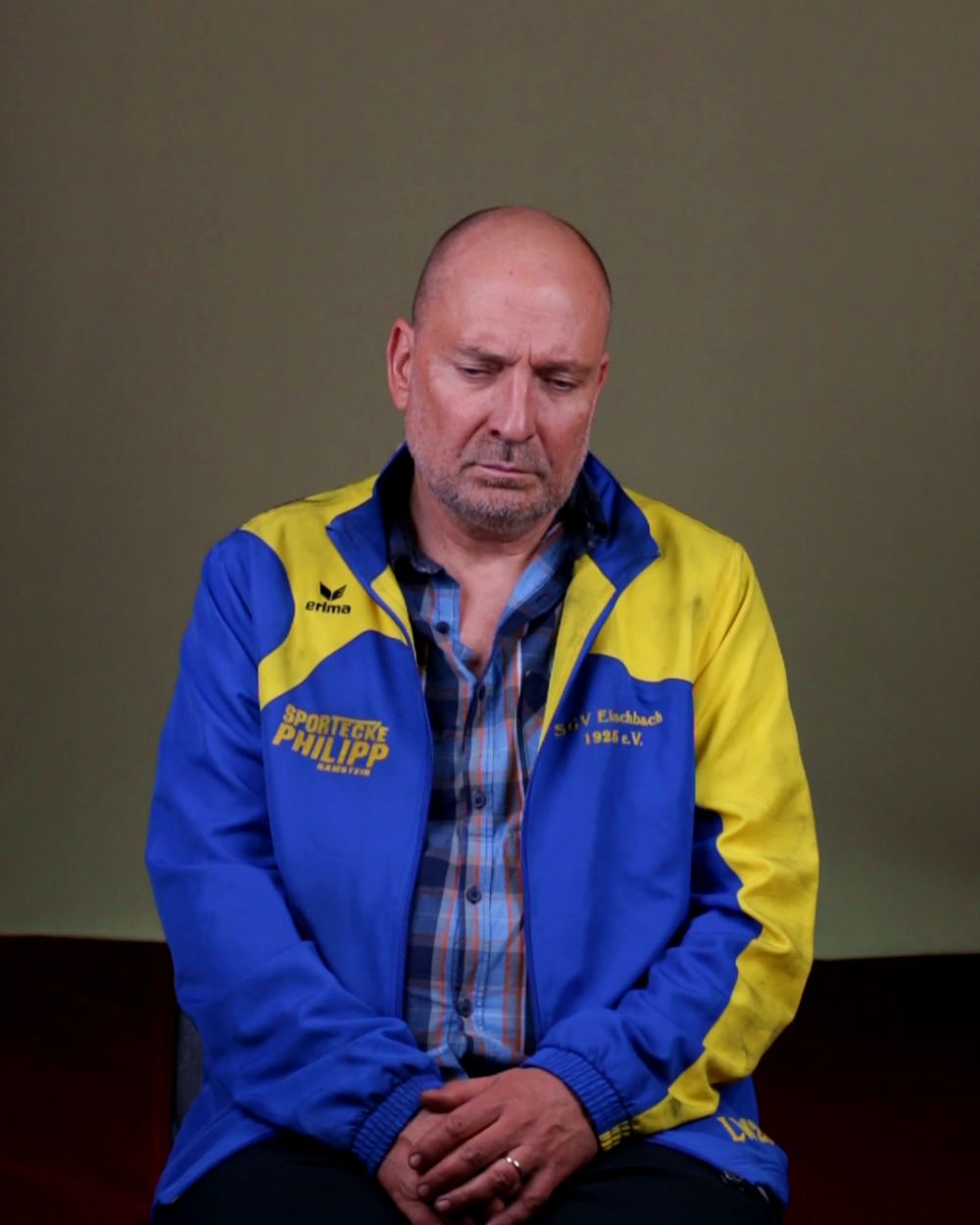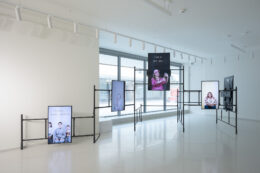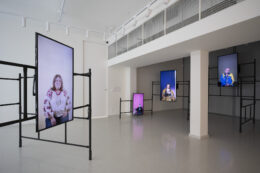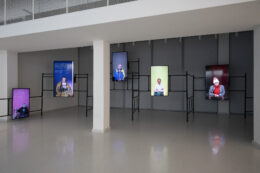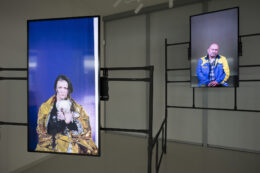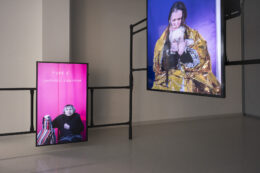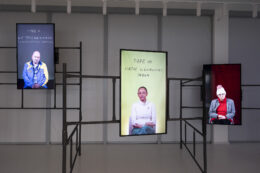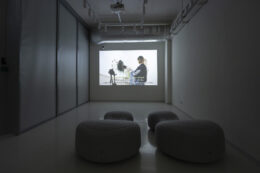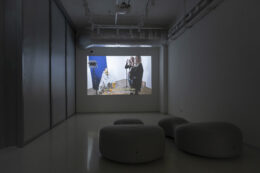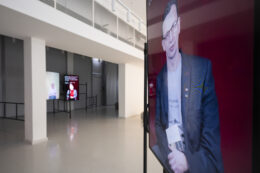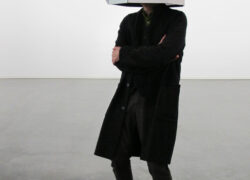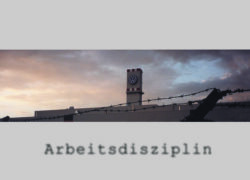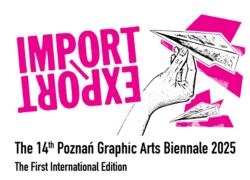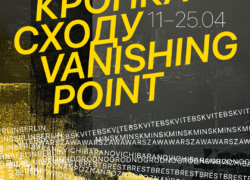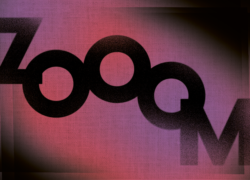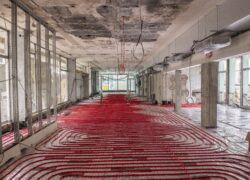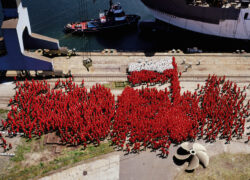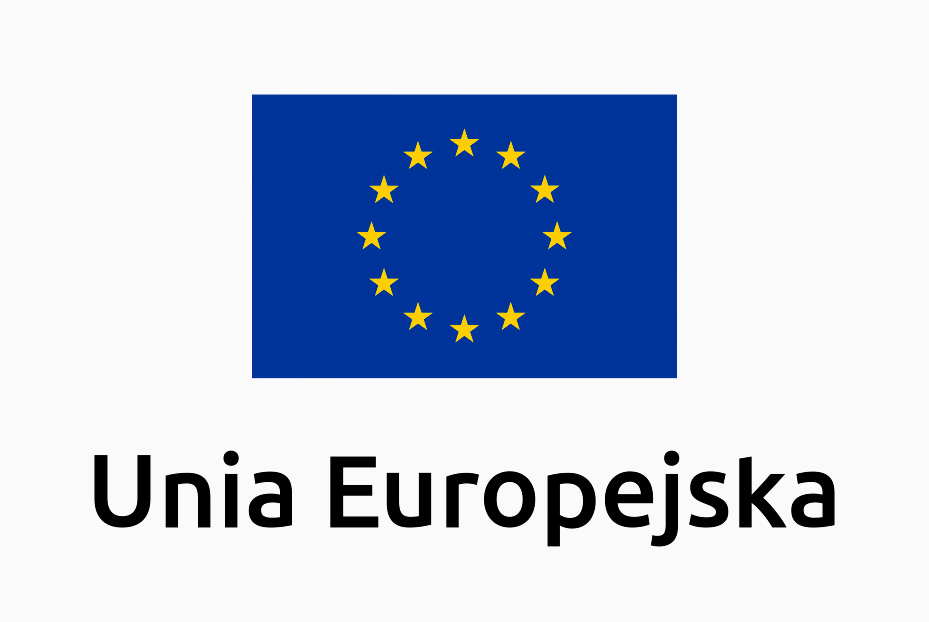Comfort Work by Lia and Andrii Dostliev is part of the Ukrainian Pavilion at the 60th Venice Biennale in 2024. It is simultaneously exhibited in Poznań. Lia Dostlieva is an artist, writer, and cultural anthropologist, who in her research focuses on questions of trauma and post-memory. In her work she combines the mediums of photography, installation, and sculpture. Andrii Dostliev is an artist, curator, and photography scholar interested in decolonisation practices in Eastern Europe, the gay history of Ukraine, and the limits of photography as a medium. His work often combines photography, drawing, video, performance, and installation. In an inventive and subversive manner, the project questions and scrutinizes the system of stereotypes that condition the “appropriate” ways of perceiving migrants as victims and potential recipients of our support. External aspects of one’s appearance – clothing, body language, facial expressions, smell – constitute a set of visual cues that determine how one is perceived within the social space and is allocated to different categories. Such stereotypical attachment to certain characteristics brings about different interpersonal interactions. In other words, if we want to receive help, we must appear and behave like someone who needs and deserves this help. It is therefore important to be aware of how one can trigger empathy and feelings of sympathy and pity in others.
Comfort Work was created in response to the experiences of Ukrainian refugees, whose many-million-strong population has been arriving in Europe in the wake of the Russian invasion in 2022. Before the full-scale war, the presence of Ukrainians in the West was associated with a particular status and stereotypes attached to “economic migrants,” who – just like migrants from Poland and other Eastern European countries before them – took on the lower-paid, more demanding, often menial jobs. Today, Western societies – who haven’t actually experienced war for decades – are forced to see the arriving Ukrainians as refugees: they are victims of military conflict, not unlike those fleeing Syria and Afghanistan. Necessarily then, Comfort Work makes reference to media images of the victims of military conflict, which in their visually arresting bluntness have become the hallmarks of press photography. Many press photographers have dreamed of finding their own “perfect victim” to negotiate their way to receiving the World Press Photo award.
Lia Dostlieva and Andriy Dostliev’s piece is a meticulous study of how victims are stereotyped in the media. The artists, however, reverse the premise by casting professional non-Ukrainian actors as migrants and migrants as the film’s directors. We can see this highly important process in its entirety in the film shown at the exhibition. The processual character of this bizarre set up and the uncomfortable, subversive reversal of roles are the key aspects of Comfort Work. In the account created by the artists, it appears that it is the victims who are comforting their benefactors, mentally preparing them to find themselves in the unimaginable position of a mother fleeing war or a farm labourer tired to the point of exhaustion.
The typology of ten individual characters featured in the project, in the form of moving portraits displayed on ten separate screens, is based on interviews with Ukrainian refugees. In creating these “iconic” images, which bring to mind historical paintings, symbolic props play an essential role. A child’s toy, a golden-coloured blanket, a winter hat, a tracksuit in reversed national colours – are all intended to trigger particular emotions and perceptions. We may then ask ourselves the following, brutal question: why do we perceive victims of the armed conflict in Ukraine as more “worthy” of our sympathy, more “comfortable”, more “convenient,” than asylum seekers from Syria or Afghanistan who are actually suffering the same horrific fate? Is this just a matter of conveying their image in a way that better fits our expectations and preconceptions?
Marek Wasilewski
The production of “Comfort Work” is a cooperation project between Open Eye Gallery and the Goethe-Institut Ukraine funded by the Federal Foreign Office to sustainably strengthen the resilience of Ukrainian cultural and educational partners.
Produced in cooperation with the Polish Theatre in Warsaw.
